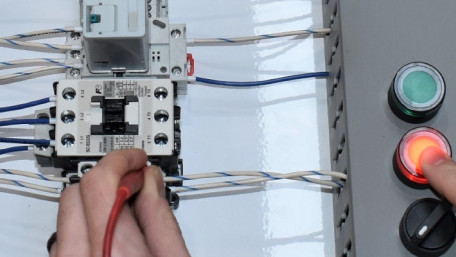
This article looks at a few of the more advanced motor control circuits for a three-phase motor.
This article looks at a few of the more advanced motor control circuits for a three-phase motor.
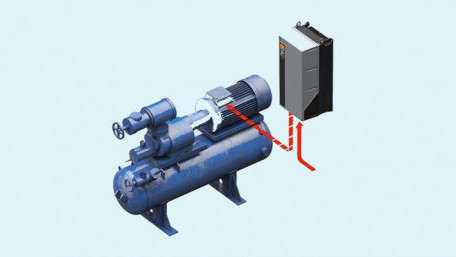
In this article, learn how variable frequency drives make use of the principle of pulse width modulation to create…
In this article, learn how variable frequency drives make use of the principle of pulse width modulation to create analog-type signals from a digital source, such as with motor drives.
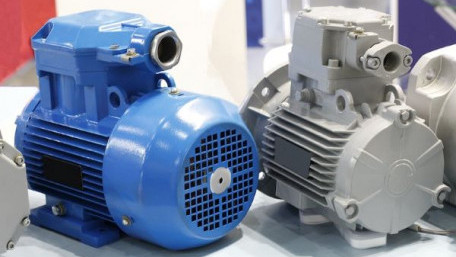
Learn about three-phase voltage arrangements to better understand the systems that drive nearly every industrial motor…
Learn about three-phase voltage arrangements to better understand the systems that drive nearly every industrial motor and smaller branch circuits that feed every one-phase receptacle and lighting system.
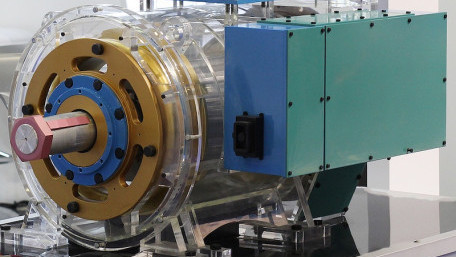
This article explores resistors, capacitors, and inductors when it comes to AC applications and how voltage is affected…
This article explores resistors, capacitors, and inductors when it comes to AC applications and how voltage is affected in circuits using these components.
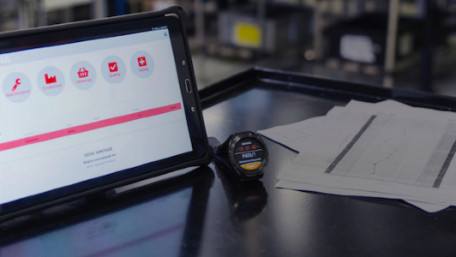
As electronics become smaller and more energy-efficient, wearables are getting more attention in manufacturing. Learn…
As electronics become smaller and more energy-efficient, wearables are getting more attention in manufacturing. Learn about some of the research involved in developing these wearables.
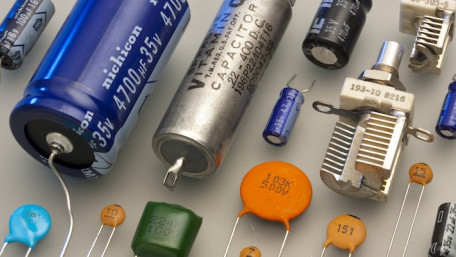
In circuit theory, voltage drops of resistive type devices are relatively simple because they do not change over time.…
In circuit theory, voltage drops of resistive type devices are relatively simple because they do not change over time. But there are two types of devices that do create changes over time: capacitors and inductors.

Often the concept of voltage drop or voltage difference in circuits is taught without much explanation as to how or why…
Often the concept of voltage drop or voltage difference in circuits is taught without much explanation as to how or why volts drop. This article explores volts, including characteristics and the Laws that govern them.
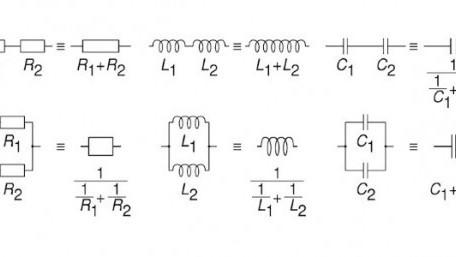
Learn to discern between textbook and real-life scenarios and use consistent troubleshooting methods to simplify and…
Learn to discern between textbook and real-life scenarios and use consistent troubleshooting methods to simplify and correct errors in parallel circuits common in industrial control systems.
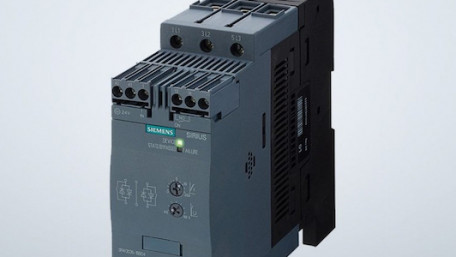
The following will examine how to reduce the wear on motors during startup and compare soft starters and variable…
The following will examine how to reduce the wear on motors during startup and compare soft starters and variable frequency drives (VFDs).
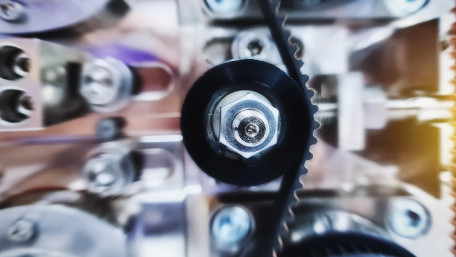
In nearly every machine with motion, a selection of gears, belts, and chains sends power to the final mechanisms and…
In nearly every machine with motion, a selection of gears, belts, and chains sends power to the final mechanisms and power must be transmitted from the motor to the final load(s) device. Choosing between transmission methods isn’t always simple, but a few key properties can help to make the choices easier.
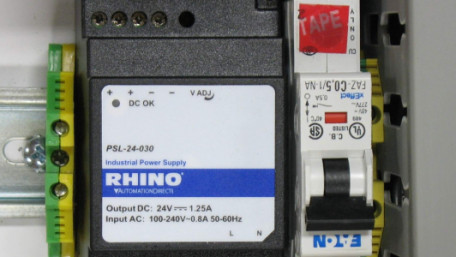
This article discusses the proper steps for testing the supply for proper function.
This article discusses the proper steps for testing the supply for proper function.
Whether using an industrial DIN-rail power supply or a linear supply for an audio application, these devices have the…
Whether using an industrial DIN-rail power supply or a linear supply for an audio application, these devices have the potential to fail. Although there can be several reasons, there are a few simple (and some not-so-simple) methods of testing a power supply for proper functionality.
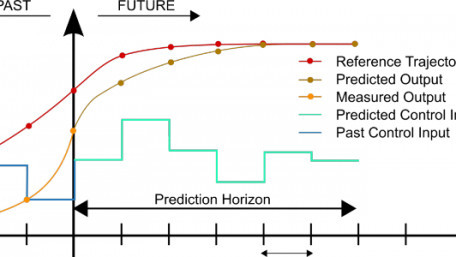
This article discusses the applications and uses of model predictive control.
This article discusses the applications and uses of model predictive control.
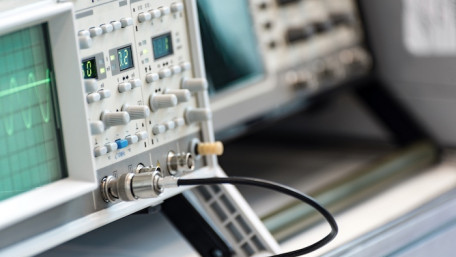
Learn about the electrical characteristics of resolvers and how to properly conduct different troubleshooting tests to…
Learn about the electrical characteristics of resolvers and how to properly conduct different troubleshooting tests to ensure they run at their highest performance.
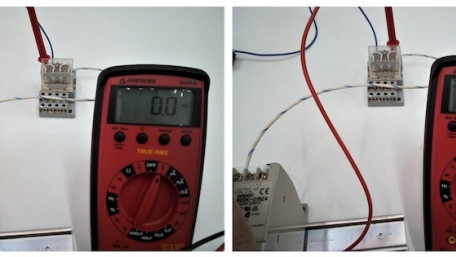
This article introduces a few simple methods to test which type of circuits — whether ground- or power-switched — are…
This article introduces a few simple methods to test which type of circuits — whether ground- or power-switched — are being used and how to troubleshoot and properly fix issues.
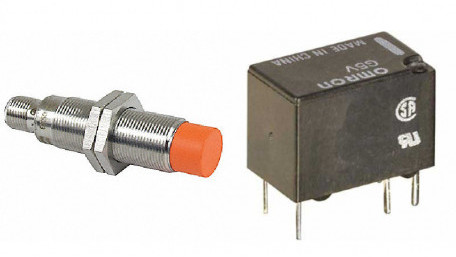
Wiring design systems can become confusing when some switching devices send power to the load automatically while others…
Wiring design systems can become confusing when some switching devices send power to the load automatically while others do not. Often called ‘wet’ and ‘dry’ contacts, these devices are fairly easy to troubleshoot once the differences are understood.
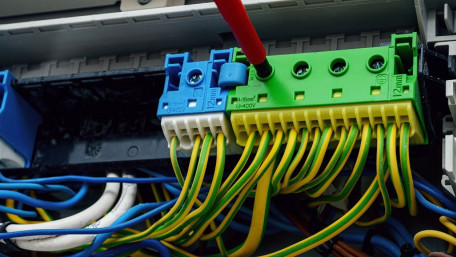
Should you connect a DC power supply to ground or not? The answer is not a straightforward yes or no. This article…
Should you connect a DC power supply to ground or not? The answer is not a straightforward yes or no. This article explores the benefits and drawbacks of grounding DC power supplies.

Ground fault circuit interrupters (GFCI) are commonly seen in residential wiring. They are important to understand, as…
Ground fault circuit interrupters (GFCI) are commonly seen in residential wiring. They are important to understand, as they exist to protect both the users and the electrical systems used everyday.
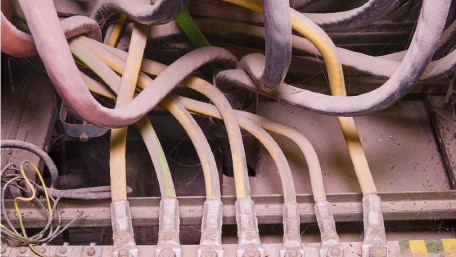
Grounding electrical systems can lead to problems with interference and noise, affecting signal clarity. This article…
Grounding electrical systems can lead to problems with interference and noise, affecting signal clarity. This article looks at these problems and how to avoid them.
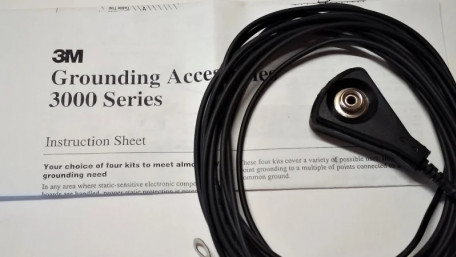
When it comes to electrical grounding, many strategies are employed to accomplish different tasks. One of the main…
When it comes to electrical grounding, many strategies are employed to accomplish different tasks. One of the main reasons for grounding equipment is for the safety of users and equipment while maintaining strict adherence to regulations.
